Spices aren’t just flavor enhancers—they’re tiny wellness warriors tucked in your cabinet, waiting to transform your meals and your health. From turmeric’s golden warmth to ginger’s fiery zing, the right spices can help calm chronic inflammation and support your body’s natural defenses. But not all spices deserve a daily spotlight; some are best left on the shelf, only making rare appearances when truly needed. Understanding which spices support your body and which may do more harm than good can elevate your cooking and your health. Here’s your essential guide to 6 anti-inflammatory spices to add daily—and 6 to skip.
1. Turmeric: The Golden Healer
This bright yellow spice contains curcumin, a powerful compound that fights inflammation better than some medications. Your body doesn’t absorb curcumin well on its own, though.
Adding black pepper to your turmeric dishes helps your body use the good stuff up to 2,000% better! Even a small amount (1/4 teaspoon daily) can make a difference in joint pain and overall health.
Many people enjoy turmeric in golden milk, curry dishes, or sprinkled on roasted vegetables. You can even find turmeric supplements if you don’t love the taste but want the benefits.
2. Ginger: Nature’s Pain Reliever
Fresh ginger root might look funny with its knobby shape, but it packs serious health benefits. The compounds in ginger, especially gingerol, calm down the body’s inflammation pathways and can reduce muscle soreness after exercise.
Studies show that people with arthritis who take ginger regularly report less pain and need fewer pain medications. Ginger also settles upset stomachs and might help with nausea.
Try grating fresh ginger into stir-fries, smoothies, or hot tea. The fresh root works best, but dried ginger powder still offers good benefits when fresh isn’t available.
3. Garlic: The Aromatic Defender
The strong smell of garlic comes from allicin, the same compound that helps fight inflammation in your body. When you crush or chop garlic and let it sit for 10 minutes before cooking, you activate more of these helpful compounds.
Regular garlic eaters tend to get sick less often and recover faster from colds and flu. Beyond fighting inflammation, garlic helps keep your heart healthy by improving cholesterol levels and lowering blood pressure.
Add minced garlic to almost any savory dish – soups, pasta sauces, or roasted vegetables all taste better with this flavorful inflammation fighter!
4. Cinnamon: Sweet Medicine
Did you know that the cinnamon in your apple pie actually helps your body? This sweet spice contains powerful antioxidants called polyphenols that protect cells from damage.
Ceylon cinnamon (sometimes called “true cinnamon”) offers the most health benefits with less risk than the more common Cassia variety. Just half a teaspoon daily can help control blood sugar levels and reduce inflammation markers in the body.
Sprinkle cinnamon on oatmeal, yogurt, or coffee for an easy health boost. You can also add cinnamon sticks to simmering pots of tea or cider for both flavor and health benefits.
5. Cayenne Pepper: Spicy Relief
The burn you feel when eating cayenne comes from capsaicin, which ironically helps relieve pain when used regularly. This fiery compound reduces the amount of substance P, a pain messenger, in your body.
Athletes often use capsaicin creams on sore muscles, but eating cayenne provides internal benefits too. Research shows it may improve circulation, reduce joint pain, and even help with digestive problems.
Start with tiny amounts if you’re not used to spicy foods. Try adding a pinch to soups, eggs, or even hot chocolate for a metabolism-boosting kick that fights inflammation while warming you up!
6. Cloves: The Powerful Bud
These small flower buds pack a serious punch against inflammation. One study found cloves contain more antioxidants than any other spice! The main compound, eugenol, works similarly to anti-inflammatory drugs but comes from nature.
Dentists have used clove oil for centuries to numb tooth pain. Beyond fighting inflammation, cloves help kill harmful bacteria and may improve digestion. Whole cloves add depth to stews, rice dishes, and hot cider.
Ground cloves work wonderfully in baked goods and spice blends. Just remember that their strong flavor means a little goes a long way!
1. Licorice Root: Sweet but Sneaky
The candy-like sweetness of licorice root hides potential problems for some people. While it contains compounds that fight inflammation and soothe digestive issues, it also affects your body’s potassium levels and blood pressure.
Regular consumption can cause dangerous drops in potassium and significant increases in blood pressure. People with heart conditions, kidney problems, or high blood pressure should be especially careful.
If you want the benefits without the risks, look for DGL (deglycyrrhizinated licorice), which has the problematic compound removed. Otherwise, keep this root as an occasional treat rather than a daily addition to your anti-inflammatory routine.
2. Nutmeg: The Holiday Hazard
Sprinkled lightly on eggnog or pumpkin pie, nutmeg adds wonderful warmth and flavor. The trouble starts when people use too much of this potent spice.
Nutmeg contains myristicin, which becomes toxic in large amounts – as little as two teaspoons can cause hallucinations, nausea, and heart palpitations. Some people mistakenly believe nutmeg can get you high, leading to dangerous experimentation.
Keep nutmeg in your spice cabinet for occasional use in small amounts (1/8 to 1/4 teaspoon per recipe). Never use it as a daily anti-inflammatory supplement, no matter what wellness trends might suggest.
3. Star Anise: Beautiful but Tricky
The star-shaped pods look gorgeous in food photography and add a licorice-like flavor to dishes. However, confusion between Chinese star anise (safe) and Japanese star anise (toxic) has caused serious problems.
Japanese star anise contains potent neurotoxins that can cause seizures, hallucinations, and nausea. Unfortunately, the two varieties look almost identical, making mix-ups possible even in commercial products. If you use star anise, buy from reputable sources that specifically state it’s Chinese star anise.
Better yet, save this spice for occasional recipes rather than daily use, and keep it away from children who might mistake the pretty stars for candy.
4. Black Pepper: Double-Edged Sword
Black pepper helps your body absorb turmeric’s inflammation-fighting compounds, making it valuable in small amounts. The trouble comes when people overdo it, thinking more must be better.
Excessive black pepper irritates the digestive tract, potentially worsening conditions like acid reflux, ulcers, or IBS. Some people experience uncomfortable burning sensations or even small tears in their digestive lining from too much pepper.
Use black pepper in moderation – just enough to enhance flavors and boost absorption of other beneficial compounds. If you have sensitive digestion, consider white pepper instead, which offers similar benefits with less irritation.
5. Mustard Seeds: The Gut Irritant
These tiny seeds create the familiar yellow condiment we put on hot dogs, but they’re not ideal for daily consumption. Mustard seeds contain compounds that can trigger significant digestive upset in sensitive individuals.
People with inflammatory bowel conditions often report flare-ups after eating mustard. The seeds contain goitrogens, which can interfere with thyroid function when consumed in large amounts regularly.
For occasional flavor in pickles or Indian dishes, mustard seeds work fine. However, don’t make them part of your daily anti-inflammatory routine, especially if you already have digestive issues or thyroid concerns.
6. Sichuan Pepper: The Numbing Agent
Unlike true peppers, Sichuan pepper creates a unique tingling, numbing sensation in your mouth. This unusual effect comes from hydroxy-alpha sanshool, a compound that essentially tricks your nerve endings.
While fascinating as an occasional culinary experience, daily consumption can cause persistent numbness and digestive discomfort. Some people report feeling like their mouth is asleep for hours after eating too much Sichuan pepper.
This spice belongs in your “special occasion” collection rather than your everyday anti-inflammatory arsenal. Save it for authentic Chinese recipes where the numbing quality balances hot chili peppers, rather than using it as a health supplement.
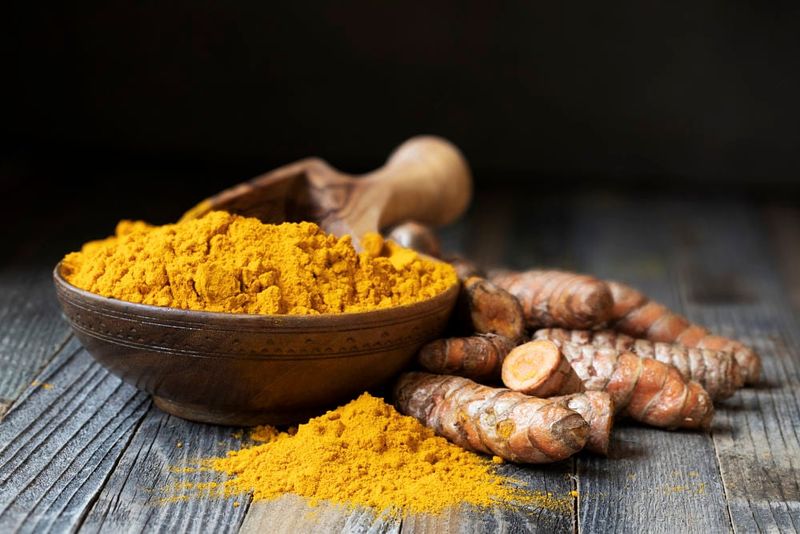
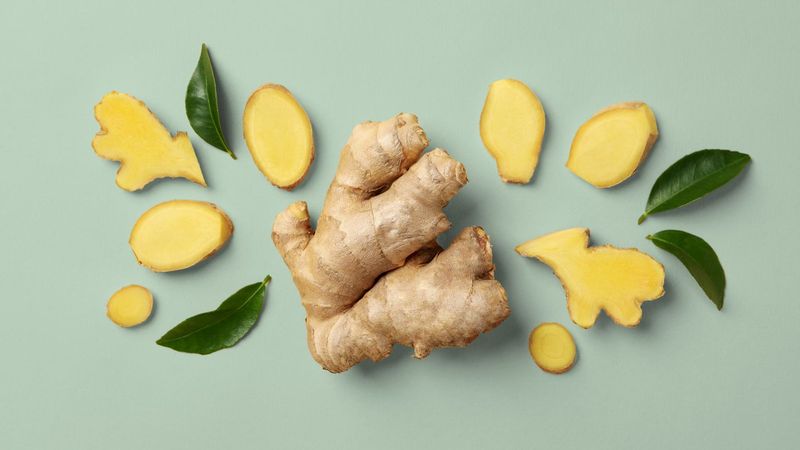
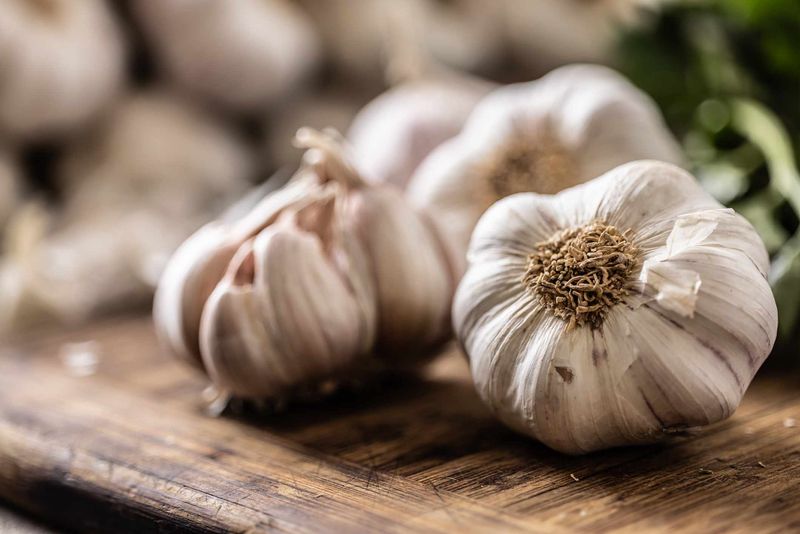
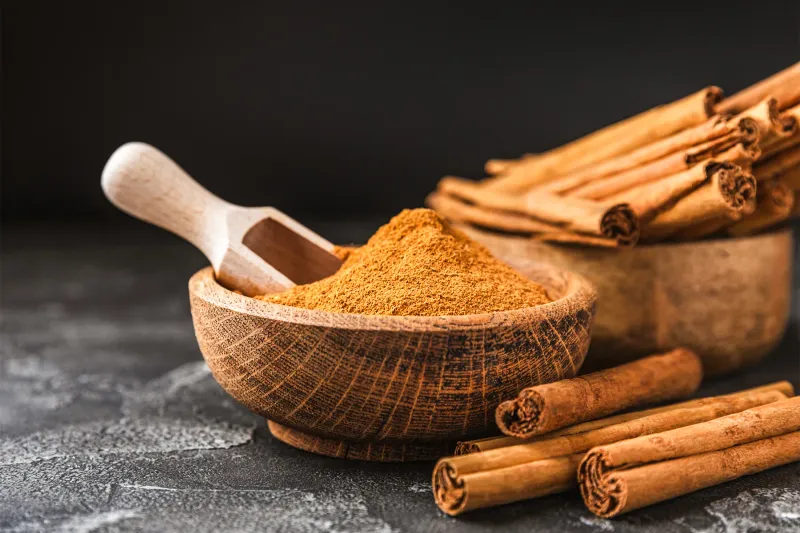
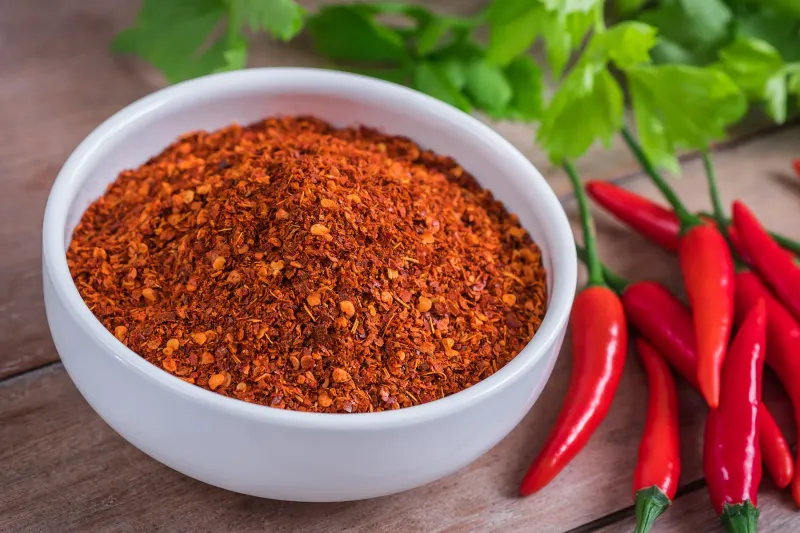
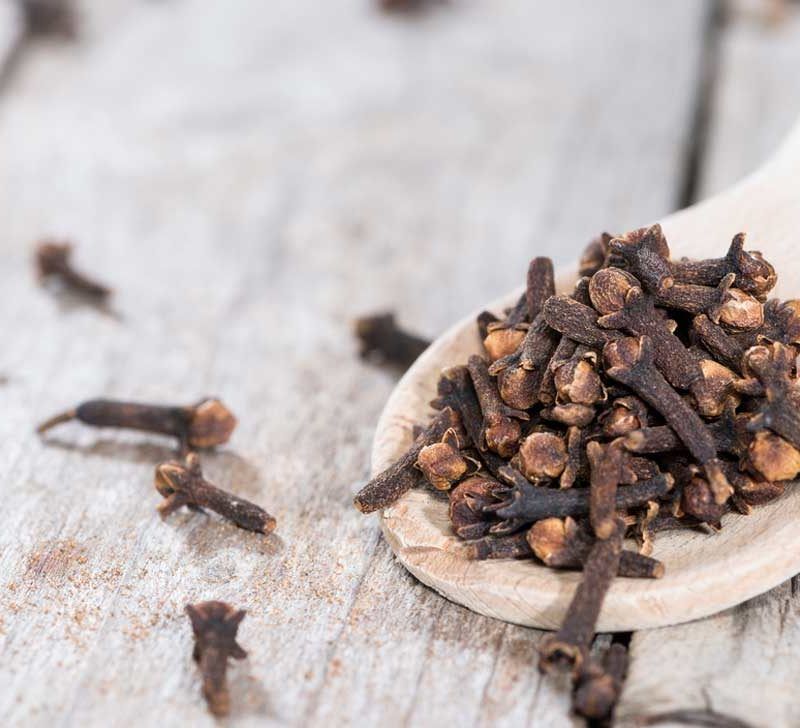
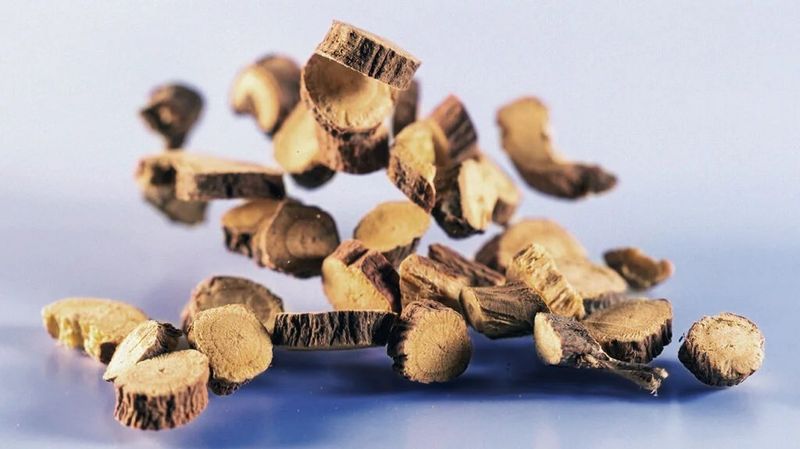
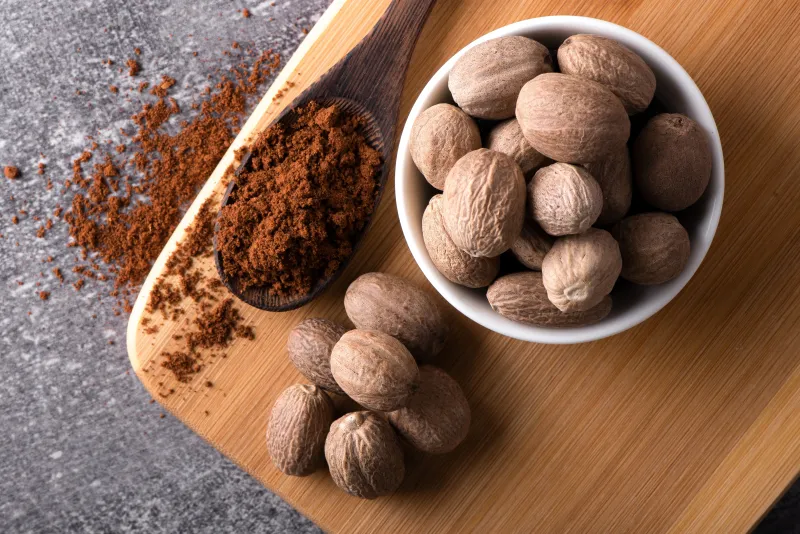
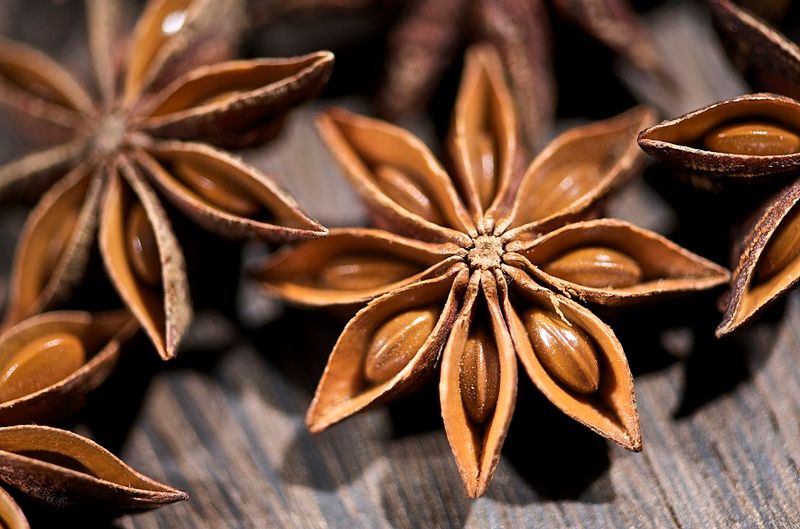
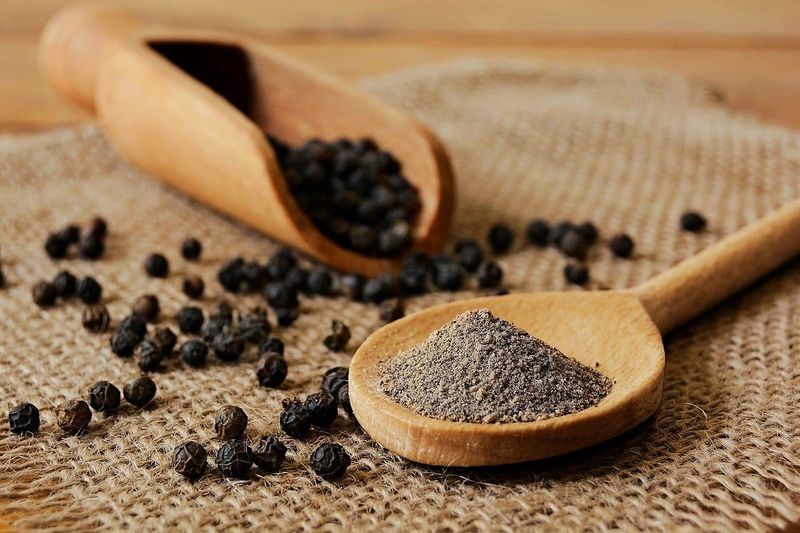
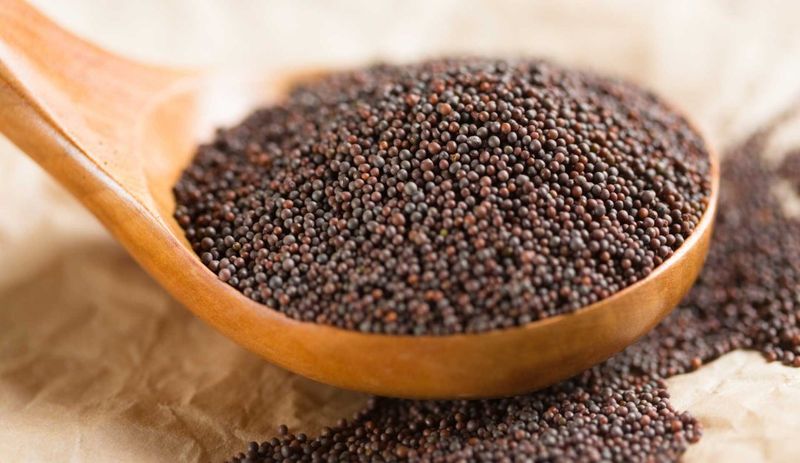
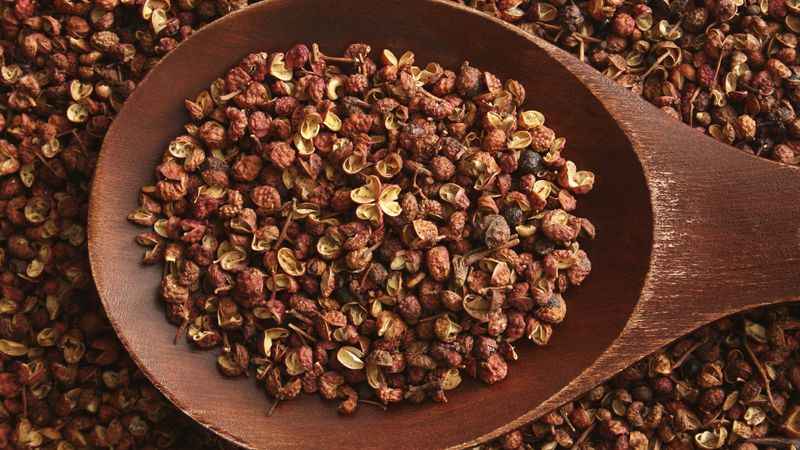
Leave a comment